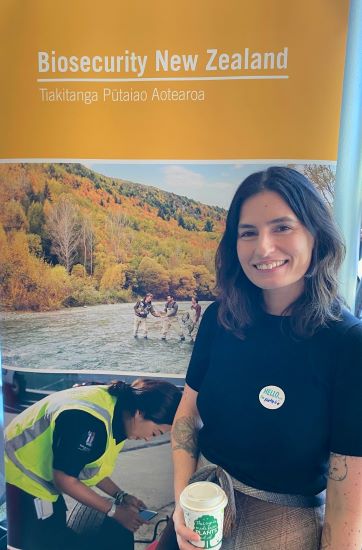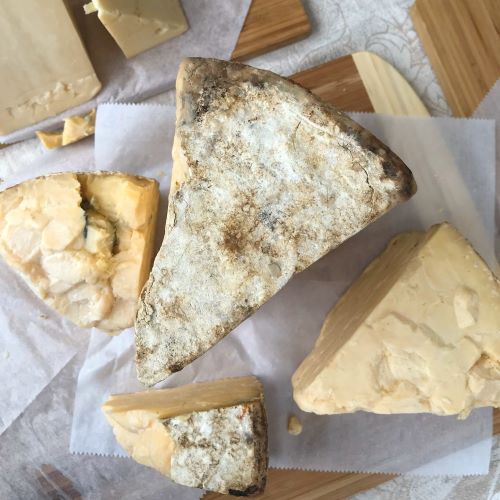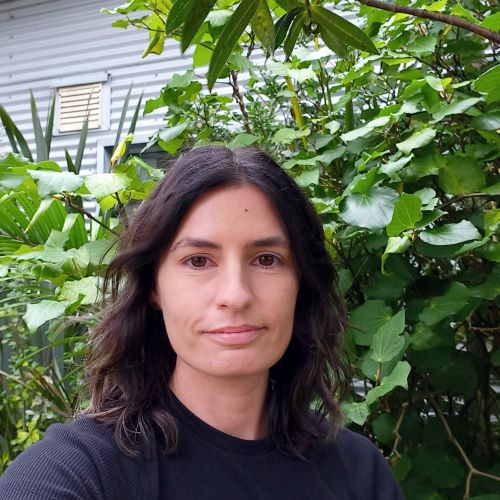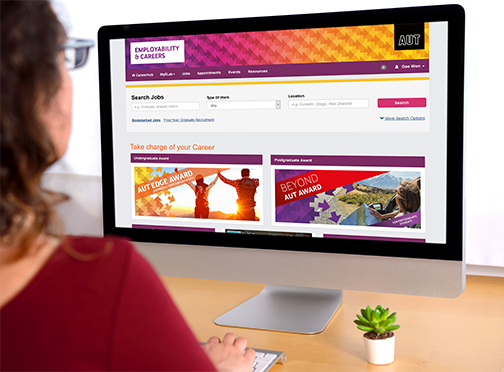The scientific desire to know why

It was food, specifically sourdough bread and cheese, that got Natalie Pettitt interested in doing a science degree.
“Sourdough and cheese were my gateway into wanting to know more about microbes in food so I did a double major in food science and microbiology. Even though I now deal with plants, the fundamentals of microbiology are reasonably transferable, so I feel like everything I have learned can be practiced in my daily work life. Plus, many plants are food!” says Natalie.
She works as a senior technician for the Biosecurity Plant Health and Environmental lab (PHEL) with the Ministry of Primary Industries (MPI).
Natalie completed her degree in 2022, then won a coveted place on the MPI graduate programme. She found the 18-month programme of three 6-month rotations a great way to get a taste of different areas of science.
“All three rotations can be in a similar area or business unit or you can rotate through different business units. My first rotation was in Food Policy, my second was in the Food Science and Risk Assessment Directorate at NZFS, and my third was at the Biosecurity Plant Health and Environment lab (PHEL).”
She says each rotation developed different skills and helped her understand how Government and the public sector works. It also helped her figure out that lab work was the best fit for her.
Policy rotation
Her first rotation in Food Policy was challenging because of the ambiguity of the work and the long time frames for projects, says Natalie.
“This meant you didn’t always get the satisfaction of seeing a piece of work through from start to finish. However, it was the best place to learn about the machinery of Government and how Ministers’ offices operate. We had a surprise change of Minister part way through that rotation which was a lot of work but I’m glad I got to see what that process looks like.”
Food science and risk assessment rotation
Food science and risk assessment was more technical, explains Natalie, who found it fascinating seeing how fast paced teams worked across the organisation as they collaborated on a major food recall.
“This area has a large amount of international collaboration, and it was great to interact with scientists from around the world.”
Biosecurity lab rotation
While she enjoyed the other rotations, once she got to the biosecurity lab she found her niche and is now stationed there full time as a senior technician.
“It is challenging and highly technical work with little room for mistakes. A lot of people rely on the work being done accurately to a tight deadline. However, I’m surrounded by scientists with phenomenal amounts of knowledge who take the time to teach me what they know. Every day I get better at what I do.”
Natalie describes the role of senior technician as the person who does the "lab grunt work", a step below the scientists.
“It's very collaborative. Scientists need us to do our work to a high level for them to be able to do theirs. So, for example if a diseased leaf comes in, we put it on algae plates and run PTR-MS etc collecting data for the scientists who diagnose off that data so it's critical we get it right."
Science career opportunities
Natalie points out that science doesn’t always mean working in a lab – science degrees are valued in all areas of industry and Government. She says at MPI there are office-based roles where the ability to analyse and summarise information and evidence or use GIS tools is highly valued. But if you like getting out and about and dealing with people there are careers like incursion investigation or fisheries officer.
“There is also room to start in a lab, build your knowledge and experience, and then once you’ve decided you’re sick of washing your hands 30 times a day and arguing with a thermocycler you can transition to being a subject matter expert or technical adviser in an office environment. You can also hop between industry and government.”
The most important thing, she states, is that you stay engaged with new developments and are interested in learning more.
"I love my job and I love science and I've found my path," says Natalie.
Want help deciding on your career path?
Get in touch with AUT employability and career specialists. You can book an appointment or workshop through Elab Online, or pop in to see us at the Employability Lab on city campus at WA202.
CVs/Cover letters
- 7 Tips on creating a great CV
- Personal Statement? Career Objective? What?
- Why bother with LinkedIn?
- Why bother to write a cover letter?
Job search skills
Career advice
- Bringing passion into the mix
- Don't let rejection end your dream
- Employability Skills - how to figure them out!